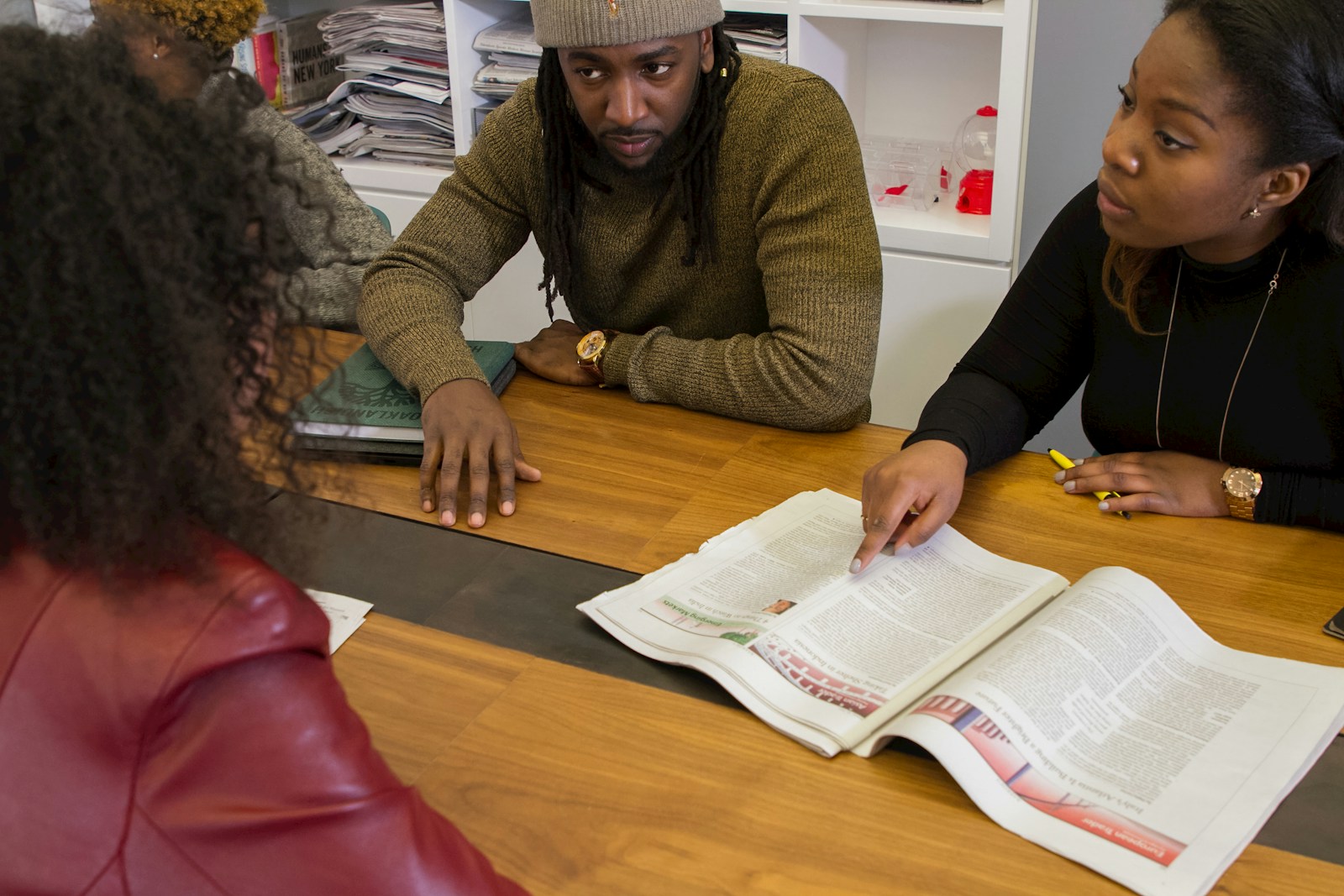Receiving a poor recommendation letter can be one of the most stressful moments in your job search. Whether it’s due to a misunderstanding, a lack of clarity, or simply a letter that doesn’t reflect your strengths, it can feel like a significant setback. However, this doesn’t have to derail your career plans. In this blog, we’ll explore practical steps you can take to mitigate the damage, maintain professionalism, and turn the situation around.after receiving a bad recommendation letter from your referrer.
1. Stay Calm and Assess the Situation
The first thing you need to do is stay calm and assess the situation objectively. Take a step back and carefully evaluate the content of the negative recommendation letter. Does it misrepresent you entirely, or is it simply not as strong as you expected? Sometimes a letter may highlight areas of weakness, but this doesn’t necessarily mean the entire reference is harmful.
If the letter only reflects your weaknesses but still conveys positive qualities, you may be able to explain these points during an interview or in follow-up conversations. If the letter misrepresents your skills or achievements completely, you’ll need to take a more proactive approach.
2. Contact the Referrer Directly
Once you’ve assessed the letter, the next step is to reach out to your referrer directly. Politely ask for clarification and, if necessary, request that the letter be revised. If there were specific achievements or skills that you feel should have been highlighted, let your referrer know.
Clear communication is key. For example, if the letter doesn’t mention any of your key certifications or technical skills—whether from University, or other programs —this is the perfect time to provide those details. Many referrers may not be aware of the full scope of your achievements, so a respectful conversation could prompt them to update the letter.
3. Offer to Provide Additional Information
If your referrer isn’t able or willing to revise the letter, you still have options. Offering additional information can help mitigate the damage. A well-crafted follow-up email to the hiring manager or recruiter can clarify any discrepancies or provide context for the situation.
For example, if the recommendation letter doesn’t capture your work on important projects, like those related to AI or cybersecurity, you could outline these in a follow-up message. Be sure to include specific achievements or skills that are relevant to the role, so the employer gets a clearer picture of what you bring to the table.
4. Seek Additional References
If the letter is seriously damaging and can’t be revised in time, consider seeking additional references. Extra recommendations can help balance out any negative aspects. Think about asking other professors, colleagues, mentors, or collaborators who are familiar with your work and who can speak positively about your skills, experience, and character.
For example, if you’ve worked on technical projects, internships, or participated in certifications from Google or other professional programs, you can ask someone familiar with those experiences to write a supporting letter. Having multiple strong references can offset the impact of one weak or poorly written letter, ensuring a well-rounded view of your qualifications.
5. Be Transparent in Your Interview
In some situations, it’s best to address the issue head-on during your interview. If your recommendation letter falls short, consider mentioning this politely. Acknowledge that the letter didn’t fully capture your strengths and offer to elaborate on your qualifications and achievements in person.
For instance, if your letter failed to mention important technical skills, like your work in data science, software engineering, or cybersecurity, you can discuss these aspects in more detail during the interview. Highlight any Google certifications or real-world projects that you’ve worked on. Transparency can often work in your favor, showing the employer that you’re willing to take responsibility and are proactive about clarifying any misunderstandings.
6. Don’t Forget to Thank Your Referrer
Even if the letter didn’t meet your expectations, it’s important to remain professional and thank your referrer for their time and effort. After all, they may have written the letter with the best of intentions, even if the outcome wasn’t ideal. A polite and appreciative approach helps to maintain a positive relationship, which may prove valuable for future opportunities.
If the relationship with your referrer is strained, consider taking the opportunity to repair it. A candid conversation, perhaps asking for advice or offering to work together more closely in the future, can help rebuild the connection and set a more positive tone going forward.
7. Learn from the Experience
Finally, it’s important to learn from the experience so you can avoid similar situations in the future. When asking for a recommendation, choose someone who knows you well and can speak to your strengths in a meaningful way. If you’re unsure, it’s a good idea to have a conversation with your referrer about your career goals and what kind of support you need.
In the future, try to set clear expectations with your referrer about the type of job opportunities you’re targeting, especially when it comes to specialized roles in fields like tech, research, or engineering. A PhD advisor, professor, or mentor familiar with your academic achievements and project work is better equipped to write a compelling letter.
How to Avoid This Situation in the Future
While it’s important to handle a poor recommendation professionally, preventing it from happening in the first place is even better. Here are a few strategies:
- Communicate Expectations Clearly: Before asking for a letter of recommendation, ensure that the person writing it understands the specific role you’re applying for, as well as the skills and qualities the employer values. For instance, if you’re applying for a software engineering role that requires expertise in Python or AI, make sure your referrer is aware of your experience in these areas.
- Request a Draft: If possible, ask your referrer to share a draft of the letter before submitting it. This way, you can ensure that the letter accurately reflects your strengths and accomplishments.
- Ask for Multiple References: Always have backup options for recommendations. This way, if one reference doesn’t provide the support you need, you have others who can step in and vouch for your qualifications.
- Network: In some cases, personal connections within the company or field can provide additional context for your application. Whether through previous internships, projects, or networking events, building a strong professional network can help balance out a less-than-ideal recommendation letter.
When Recommendation Letters Go Wrong: The Bigger Picture
While a negative recommendation can be disheartening, it’s important to remember that one letter doesn’t define your entire career. Employers will look at the big picture: your skills, experiences, and potential for growth. Whether you’re applying for a technical position, research role, or internship, your practical experience and personal achievements are far more important than any single recommendation letter.
For instance, your academic qualifications from respected institutions like University of Lagos or LASUSTECH, combined with technical expertise gained through Google certification programs, can be far more valuable than the opinions of any one individual. Furthermore, your internships, personal projects, and volunteer work can all demonstrate your capability, often more effectively than a recommendation letter can.
In Conclusion
If you find yourself in the unfortunate situation of receiving a poor recommendation letter, don’t let it hold you back. Stay calm, assess the situation, and take proactive steps to resolve it. Whether that means clarifying the letter with your referrer, providing additional references, or addressing the issue directly in your interview, there are always ways to move forward.
By focusing on your skills, experience, and networking efforts, such as Google certifications, tech training programs, or relevant projects, you’ll continue to build a compelling case for your candidacy. With the right strategy, you can turn a potentially negative experience into an opportunity for growth and success.


Leave a Reply